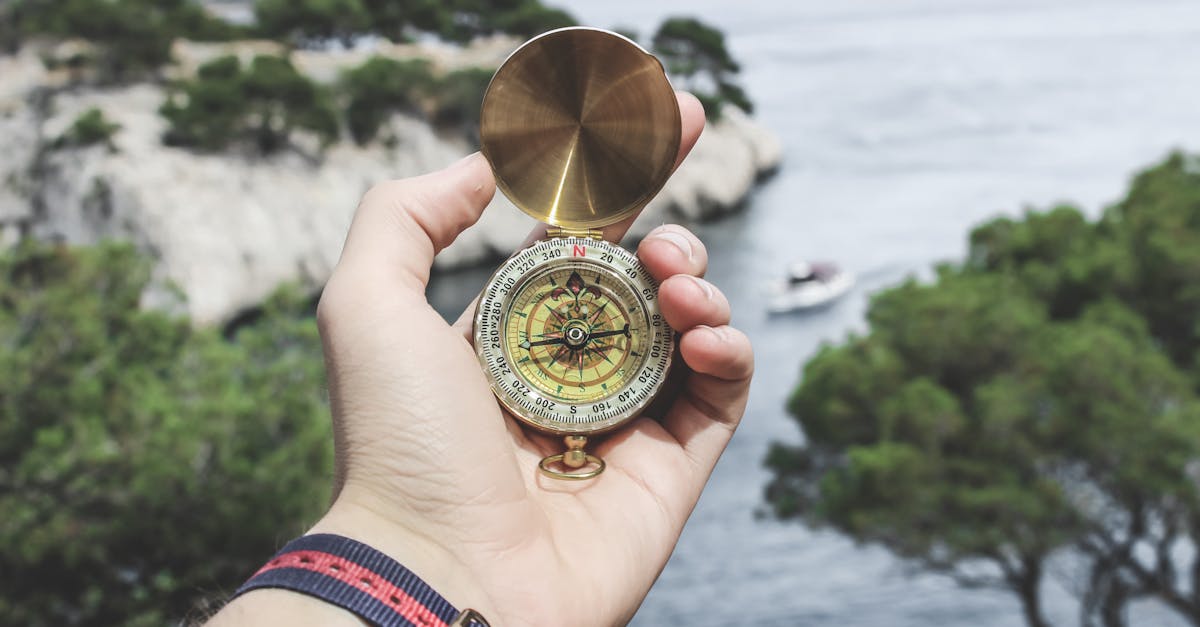Embarking on our first solo camping adventure can be both exhilarating and nerve-wracking.
As we gear up for this thrilling journey into the great outdoors, proper preparation is key to a successful and enjoyable experience.
In this guide, we’ll investigate into essential tips and tricks to equip us for our maiden solo camping escapade.
From selecting the ideal campsite to packing the necessary gear, we’ll navigate through the crucial aspects of planning our solo camping expedition. Our comprehensive checklist will ensure that we are well-prepared to tackle any challenges that may arise during our outdoor sojourn. Let’s begin on this exciting journey together as we embrace the beauty of nature and the thrill of solo camping.
Key Takeaways
- Researching the ideal campsite is crucial for a safe and enjoyable experience; consider weather forecasts, proximity to water sources, ground level, and wildlife activity.
- Packing essential gear such as a tent, sleeping bag, camp stove, headlamp/flashlight, first aid kit, and multi-tool is vital for a successful solo camping trip.
- Meal planning and cooking tips include prepping meals ahead, packing portable cooking equipment, opting for simple recipes, bringing non-perishable foods, considering one-pot meals, and staying hydrated.
- Safety precautions involve knowing the area, having emergency contacts, carrying a first aid kit, and ensuring communication devices are available for unexpected situations.
- Setting up campsite etiquette includes choosing a flat area, following Leave No Trace principles, storing food properly, respecting quiet hours, not cutting live trees for firewood, and using designated fire rings.

Researching the Ideal Campsite
When researching for the ideal campsite, we consider essential factors to ensure a safe and enjoyable experience in nature. It’s crucial to check the weather forecast beforehand to prepare for any unexpected conditions. Proximity to water sources is important for easy access, especially for cooking and cleaning.
We also look for campsites with level ground for setting up tents and sleeping comfortably. Choosing a site away from hazards like dead trees or rocky terrain is crucial for a secure camp setup. Finally, we consider local wildlife activity to prevent any unwelcome surprises during our stay.
For more guidance on selecting the perfect campsite, you can visit the National Park Service’s guide on campsite selection or REI’s tips for finding the best campsite.
Essential Gear to Pack
When preparing for our first solo camping trip, it’s crucial to pack the right gear for a safe and enjoyable experience in the great outdoors. Here are some essentials we shouldn’t forget:
- Tent: An appropriate-sized tent that is easy to set up and provides adequate protection from the elements.
- Sleeping Bag: Choose a sleeping bag suitable for the expected weather conditions to ensure a good night’s sleep.
- Camp Stove: A portable camp stove for cooking meals and boiling water, essential for sustenance in the wilderness.
- Headlamp/Flashlight: Illuminate the campsite at night for safety and visibility.
- First Aid Kit: It’s important to have a well-equipped first aid kit for any minor injuries or emergencies that may arise.
- Multi-Tool: A versatile tool for various tasks like cutting, opening cans, and repairing equipment.
Remember, having the right gear can make all the difference in our camping experience. For more tips on essential gear for camping trips, check out this article on REI’s website.

Meal Planning and Cooking Tips
When camping solo, preparing meals can be both exciting and challenging. Here are some handy tips to make meal planning and cooking a breeze:
- Plan Ahead: Before your trip, prep meals at home to minimize cooking time at the campsite.
- Pack the Essentials: Bring a portable camp stove and cookware for easy meal preparation.
- Opt for Simple Recipes: Stick to easy recipes that require minimal ingredients and preparation.
- Bring Non-Perishable Foods: Pack items like canned goods, dried fruits, and nuts for convenient meals.
- Consider One-Pot Meals: Cooking everything in a single pot helps save time and reduces cleanup.
- Practice Campfire Cooking: If allowed, try cooking over a campfire for a more authentic outdoor experience.
- Stay Hydrated: Remember to bring plenty of water and stay hydrated throughout your trip.
For more meal planning tips, check out this helpful guide on camp cooking basics.
Safety Precautions and Emergency Preparedness
When embarking on our first solo camping adventure, safety should always be a top priority. Here are some essential precautions and tips to ensure a smooth and secure experience:
- Know the area: Familiarize ourselves with the camping location, including terrain, weather forecasts, and any wildlife risks.
- Emergency contacts: Keep a list of emergency contacts, including local park authorities and medical services.
In case of unexpected situations, being prepared can make a significant difference. Here are some basic emergency preparedness tips:
- First aid kit: Always carry a well-equipped first aid kit and know how to use it.
- Communications: Bring a fully charged phone or a portable emergency device for communication.
For more detailed safety guidelines and emergency preparedness recommendations, we suggest checking out The American Hiking Society’s Safety Tips and The Red Cross Emergency Preparedness Guide for a worry-free solo camping experience.

Setting Up Camp and Campsite Etiquette
When setting up camp, choose a flat area away from potential hazards. Make sure to follow Leave No Trace principles: pack out all trash and be respectful of nature. Always store food properly to avoid attracting wildlife. It’s important to respect quiet hours for a peaceful camping experience. Also, avoid cutting live trees for firewood and use designated fire rings if available.
Remember, we want to leave the campsite better than we found it.
For more detailed guidelines on campsite etiquette, visit The American Hiking Society’s Campsite Etiquette Guide.

